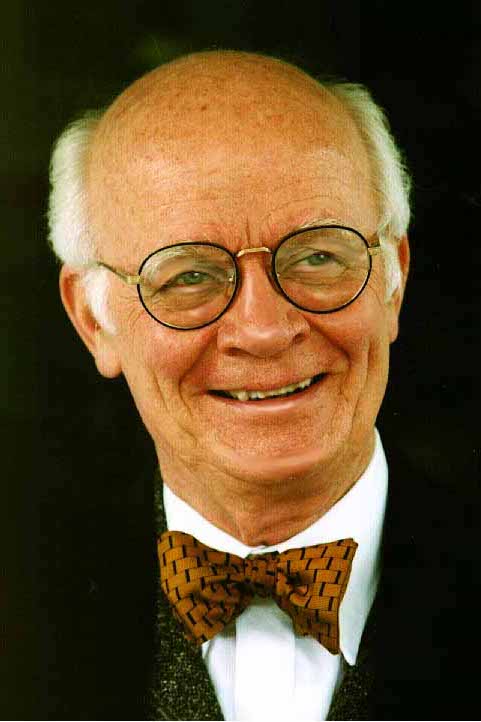Lauren Ashley, self-proclaimed Miss Beverly Hills, now rejected by Hills officials, is drawing more media attention as an oracle than anyone else since another would-be Beauty Queen, Carrie Prejean, spoke. Both commented on homosexuality. We news-scanners find issues connected with it to be the most church-dividing since the Council of Nicea or the Protestant Reformation. “Gay” could provide copy for every issue of Sightings, but we rarely notice it. Hardly harpers on the subject, we obviously have to find some distinctive feature to justify commenting this time. There is one.
While beauty queens usually merit being overlooked as oracles, Miss Ashley, now heaped on by “the liberal elites,” deserves credit for her integrity and consistency. The trump card played by opponents of gay rights, gay ordination, and all the other gay things in church and often state is marked “Biblical Literalism.” There are about six inches of print in their big fat Bibles that serve them as negative “proof texts.” Even secular vote-seekers, when they do not make their cases on other grounds, trumpet “The Bible says …,” but rarely do any do as well as Miss Ashley at making her judgment on the basis of what the Bible actually does say. Most of them quote parts of verses. Not Miss Ashley: “The Bible says that marriage is between a man and a woman,” she comments. “In Leviticus it says, ‘if man lies with mankind as he would lie with a woman, both of them have committed an abomination.” Most quoters stop there, but Ashley goes on: “They shall surely be put to death … The Bible is pretty black and white.” So, she emphasizes, if a loving God says “that having sex with someone of your own gender is going to bring death upon you, that’s a pretty stern warning …”
Seriously: if the first half of that verse is divinely-inspired and authoritative, who are we moderns to decide that the second half is not, and that it can be shrugged off? The same goes for other scriptural death penalty cases. As every smart skeptic or New Atheist never tires of reminding us, Leviticus and Deuteronomy command capital punishment in numerous clear and specified instances: when children curse their parents, when anyone blasphemes, and even when a son is persistently disobedient. He should be put to death by divine, elderly, and parental authority backed by God’s law.
Contra the skeptics, New Atheists, and consistent humanists, let it be said that most Bible-believers, even the simplest and thus noblest people of faith, are sophisticated enough at exegesis and hermeneutics not to use the scriptures the way literalist Ashley does. But does she not do us a favor by pressing the issue? No Jews are Jews because God told their ancestors to commit omnicide against the Amalekites. No Christians, whose book also includes Leviticus and Deuteronomy, use it to punish men who have intercourse with a menstruating wife. No Christians in our cultures use the Bible, which never de-legitimizes slavery, to legitimize slavery. Bible-folk pick and choose, seeing the Bible as a “book of salvation,” what Christians call “the gospel = the good news.” It is harder to say why many pick just one command out of many hundreds and raise it above “salvation” and “gospel” or to justify “propositions” and “constitutional amendments” on grounds of biblical literalism. Is the literal Bible really at issue?
Some anti-gay rights, anti-gay marriage, anti-et cetera folk try to make their case on the basis of psychology or sociology. Thanks, Lauren Ashley, for relying on the Bible. Literally.
Republished from Sightings with permission of the University of Chicago Divinity School.

The Fairfax M. Cone Distinguished Service Professor Emeritus at the University of Chicago, Dr. Martin E. Marty taught there for 35 years, chiefly in the Divinity School, where the Martin Marty Center for the Public Understanding of Religion was founded and to whose weekly column Sightings he contributed. Ordained a Lutheran pastor in 1952, he served from 1956-2013 as a columnist and senior editor at the Christian Century and authored more than 60 books including Righteous Empire, for which he won the National Book Award; the three-volume Modern American Religion; The One and the Many: America’s Search for the Common Good; The Mystery of the Child; Building Cultures of Trust; The Christian World: A Global History; Martin Luther (in the “Penguin Lives” series); and Dietrich Bonhoeffer’s Letters and Papers from Prison: A Biography.
